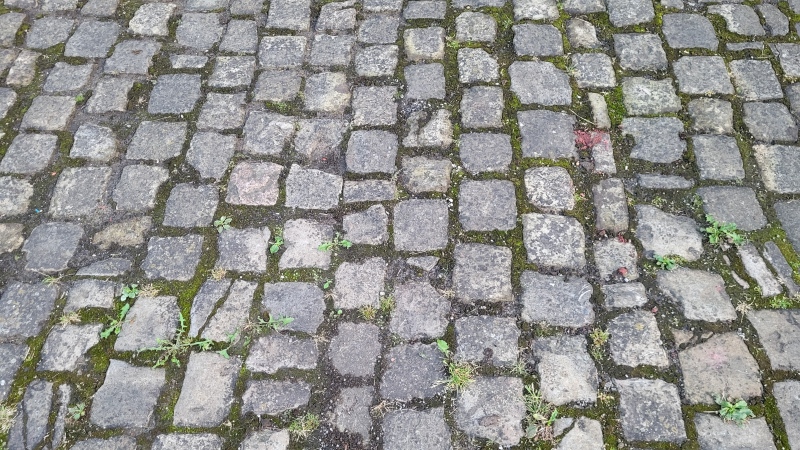At school, in the news, and at university, it is mainly one type of theory that is valued. It may even be perceived as something that can be considered a truth. It is abstract and conceptual. And it claims to be scientifically validated.
We are taught to take it in, maybe even critically. Which then means to look out for the scientific validation. That is, review it and decide if it is something we can use as a truth.
Where things become a bit more challenging, is when we want to apply it and try to figure out how the formula “if x then y” applies to this theory.
In a way, it is the moment when we change from having learned an abstract theory to needing to develop a personal theory. That is to enter the field of practice, the field within which we learn to see how our practice connects with the abstract theory, and how understanding what we do and how it works for us can be assisted by knowledge others created.
What this naturally also says, is that there are cases in which we conclude without having ever encountered an abstract or conceptual theory. I think that most of the things we do daily fall into this category. It includes walking, breathing, feeling gratitude, approaching others, sleeping, exchanging with others, working the way we do, and developing our attitude towards life, others, and ourselves.


